In the fight against climate change, there is one enemy that the world simply cannot seem to rid itself of: Fossil fuels. But while governments and individuals are trying their best to cut back on fossil fuel generation, it seems that the world’s banks are still funding their production.
A recent report shows that, collectively, several of the largest banks in the world have given $7 trillion to fossil fuel production over the past eight years, and many, especially environmentalists, are wondering why.
What Is the Fossil Fuel Industry?
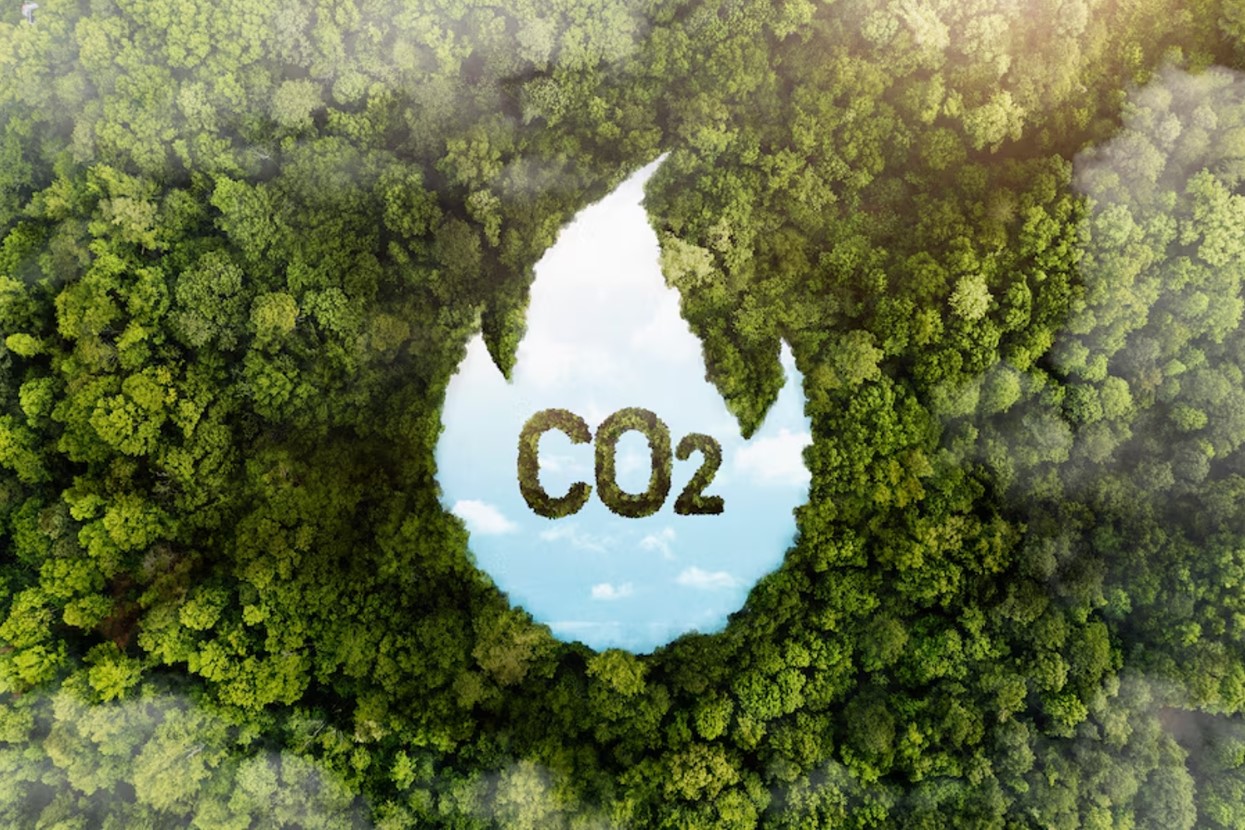
When it comes to the topic of climate change, there is quite a lot of vocabulary to understand. But really, the most important words are fossil fuels and carbon (or greenhouse) emissions.
Carbon emissions measure the amount of CO2 released into the atmosphere, most often caused by the collection and manufacturing of fossil fuels, which includes gas, coal or oil. Essentially, using fossil fuels causes large amounts of carbon emissions, which scientists now know can be dangerous and even fatal for the Earth’s atmosphere.
The Paris Agreement: An International Treaty on Climate Change

Over the past two decades, the world has become increasingly aware of the current and future effects of climate change. Therefore, many of the world’s governments have banded together in order to change their habits and, hopefully, save the planet.
In 2016, 196 countries from around the globe met in Paris, France, and signed a legally binding document known as the Paris Agreement. By signing this document, they agreed to initiate economic and social transformation within their own countries to decrease their fossil fuel use and, subsequently, their carbon emissions.
Private Companies Have Struggled to Find Ways Around the New Climate Change Initiatives
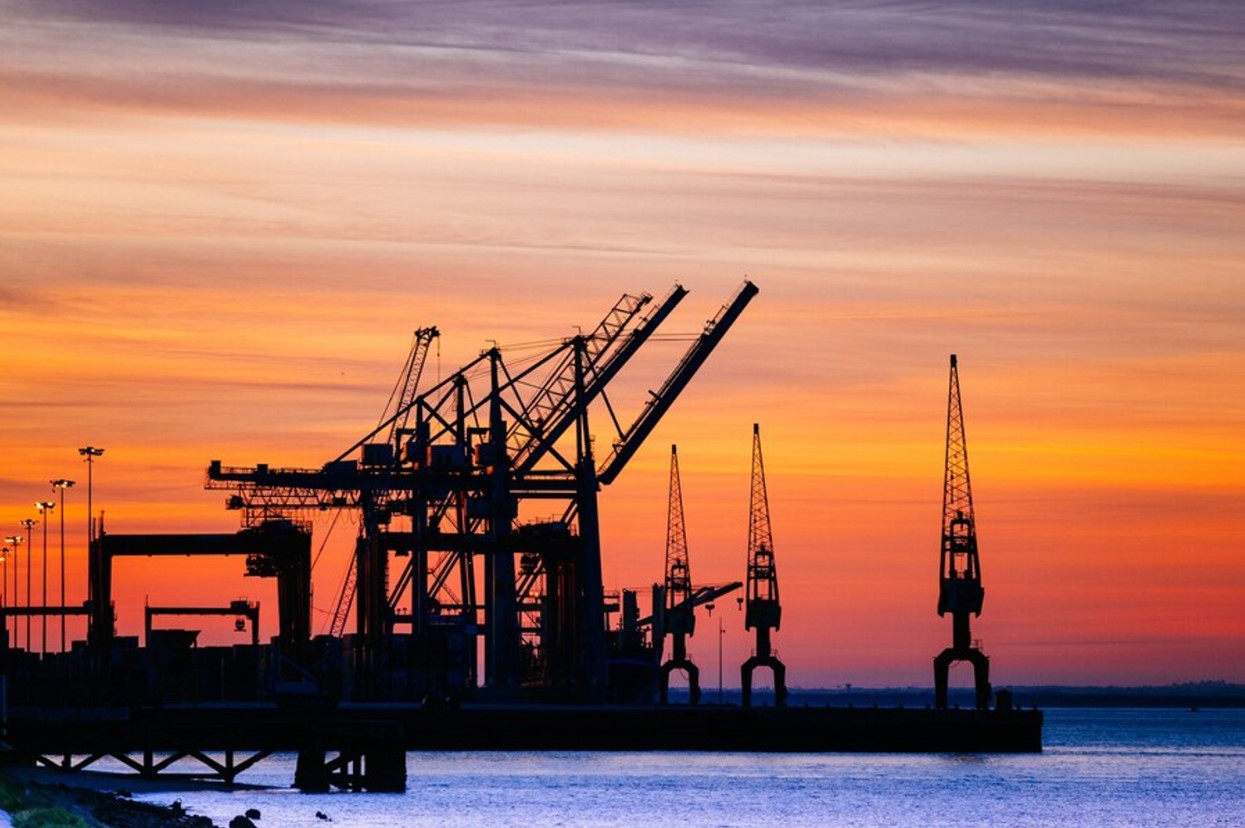
Some countries have certainly done more than others over the past eight years to fulfill their obligation to the Paris Agreement. The majority of governments implemented new regulations on coal, oil and gas collection and manufacturing; some were quite strict, while others allowed companies more time to make adjustments.
Of course, the privately owned companies that deal in gas, oil and coal have been trying to undermine and find loopholes within these new laws in order to continue making money from their business.
Fossil Fuel Companies Turned to Private Banks for Financing
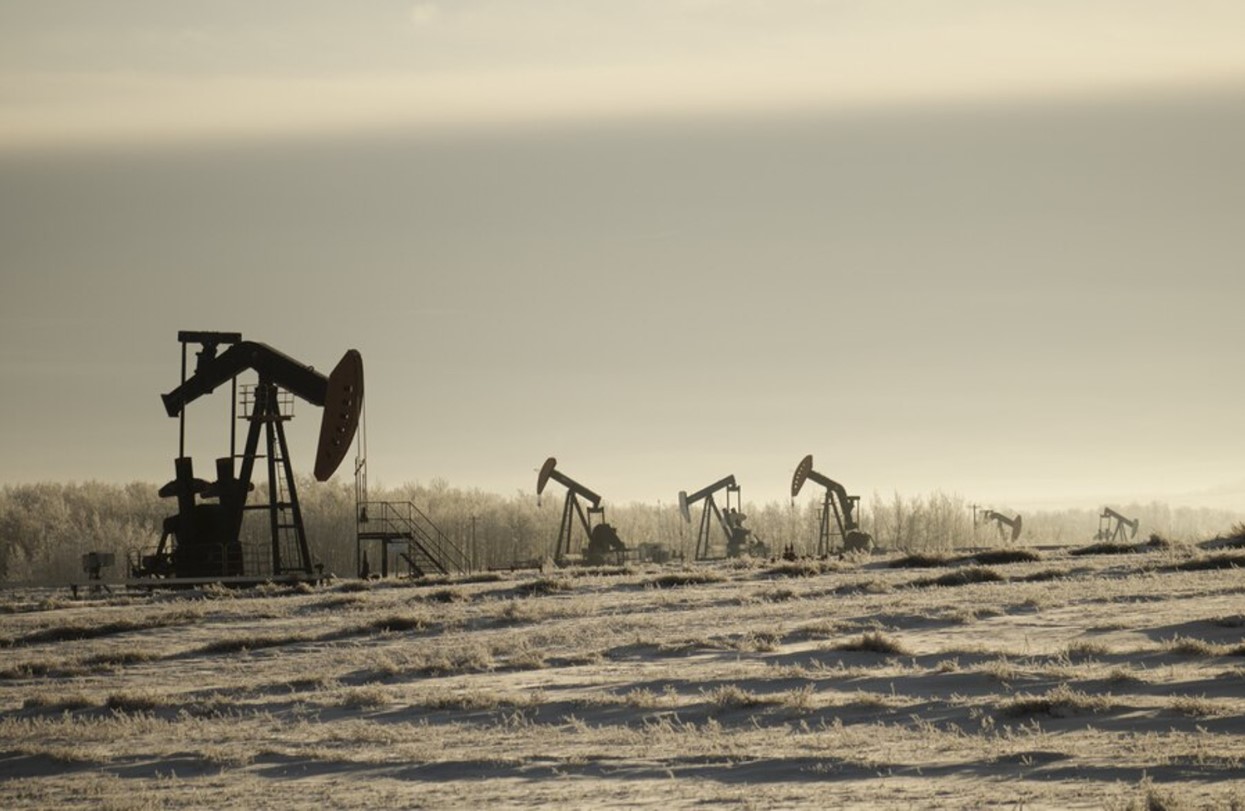
One way in which many fossil fuel companies attempted to at least maintain, if not increase, their profits as their governments cracked down on their practices, was to reach out to other privately funded companies for financial assistance.
Specifically, they partnered with some of the world’s largest and most affluent banking institutions. And a recent study confirms that these banks have been secretly investing in fossil fuel companies, even after their governments said not to.
Several of the World’s Banks Signed Their Own Climate Change Agreement

What’s especially concerning about this reality is that 144 of the world’s largest banks signed their own kind of Paris Agreement, called the Net Zero Banking Alliance.
Those 144 banks that signed this legally binding document agreed to “transition the operational and attributable greenhouse gas (GHG) emissions from their lending and investment portfolios to align with pathways to net-zero by 2050 or sooner.”
Many Major Banks That Signed the Net Zero Banking Alliance Are Still Funding Fossil Fuels

However, it’s become glaringly apparent than many of the banks that signed this document have not transitioned their “lending and investment portfolios to assign with pathways to net-zero.”
In fact, many of them have been giving billions of dollars to the fossil fuels companies that are causing the most significant damage against the planet.
JPMorgan Chase and Bank of America Are the Biggest Spenders on Fossil Fuels

The Banking on Climate Chaos report explained that JPMorgan Chase and the Bank of America were two of the leading contributors to fossil fuel funding on the planet.
JPMorgan Chase was the largest provider, giving $40.8 billion to fossil fuel companies in 2023, and Bank of America wasn’t far behind as the third largest contributor.
Barclays and Mizuho Have Given Billions to Fossil Fuel Companies

Japan-based bank Mizuho came in second place, as it distributed $37.1 billion to companies that produce fossil fuels last year.
In Europe, Barclays took the number one spot with $24.2 billion in fossil fuel spending. Additionally, Santander bank in Spain released $14.5 billion, and Germany’s Deutsche Bank allotted $13.4 billion to the toxic industry.
Some Banks Claim the Money Is for Investments in Sustainable Energy

These numbers are undeniably staggering. However, many of the banks claim that the funding was not allocated for fossil fuel expansion but as investments for new sustainable energy practices.
Spokespeople from Bank of America, JPMorgan Chase, Deutsche Bank and Santander all reported that the loans supported the companies’ transitions to sustainable energy sources. But the reports can neither confirm nor deny these claims as the loans did not specifically outline what the money would be used for.
Can the Government Do Anything to Stop Fossil Fuel Funding?
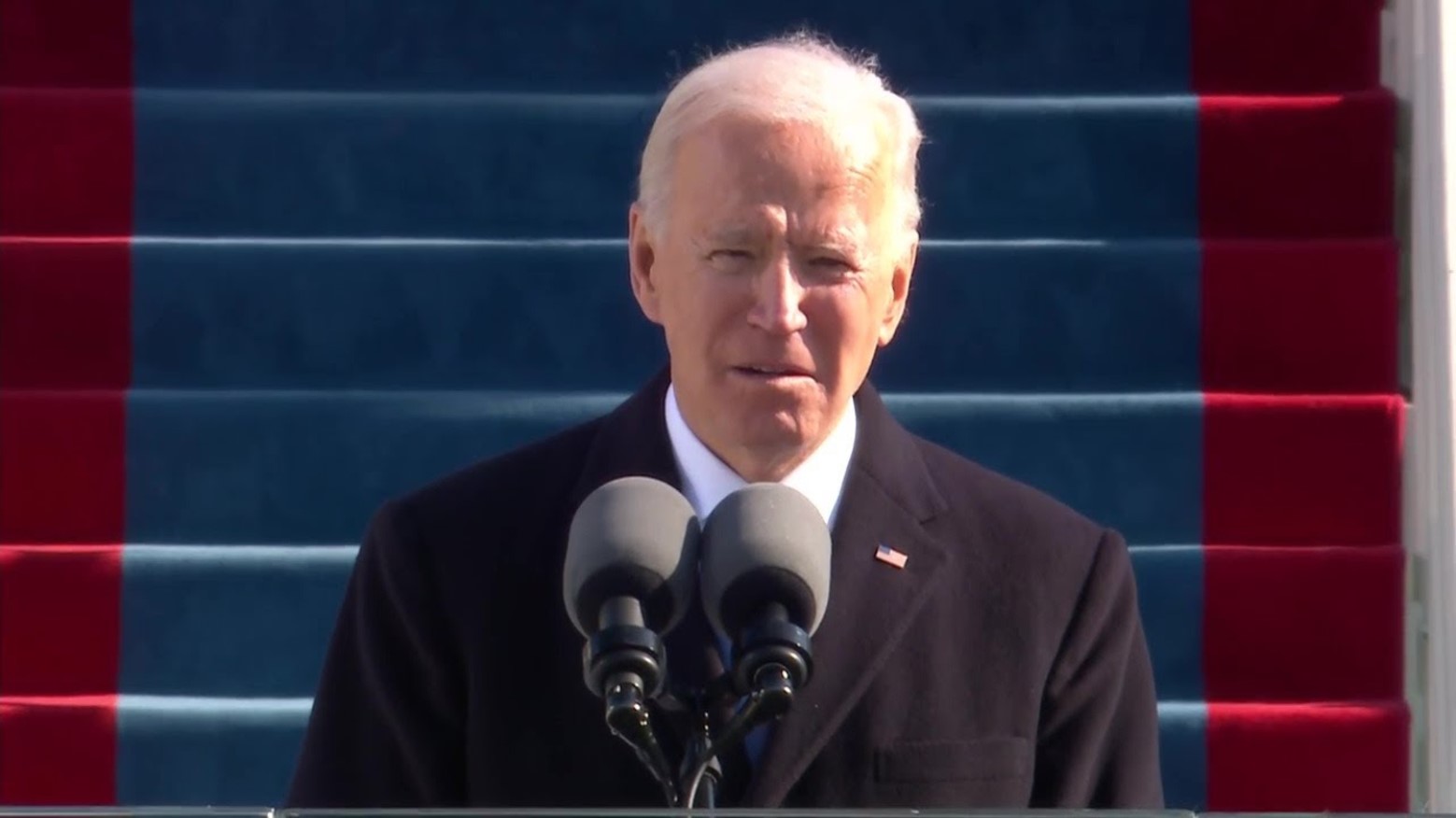
Unfortunately, this situation is more or less out of the government’s control. Both the banks and the fossil fuel companies are privately run organizations. Therefore, in the vast majority of countries, the government cannot intervene.
President Joe Biden has signed an order to stop all federal agencies from loaning money or subsidizing fossil fuel companies, but he cannot stop banks from doing so.
The Fight Against Climate Change Feels Futile
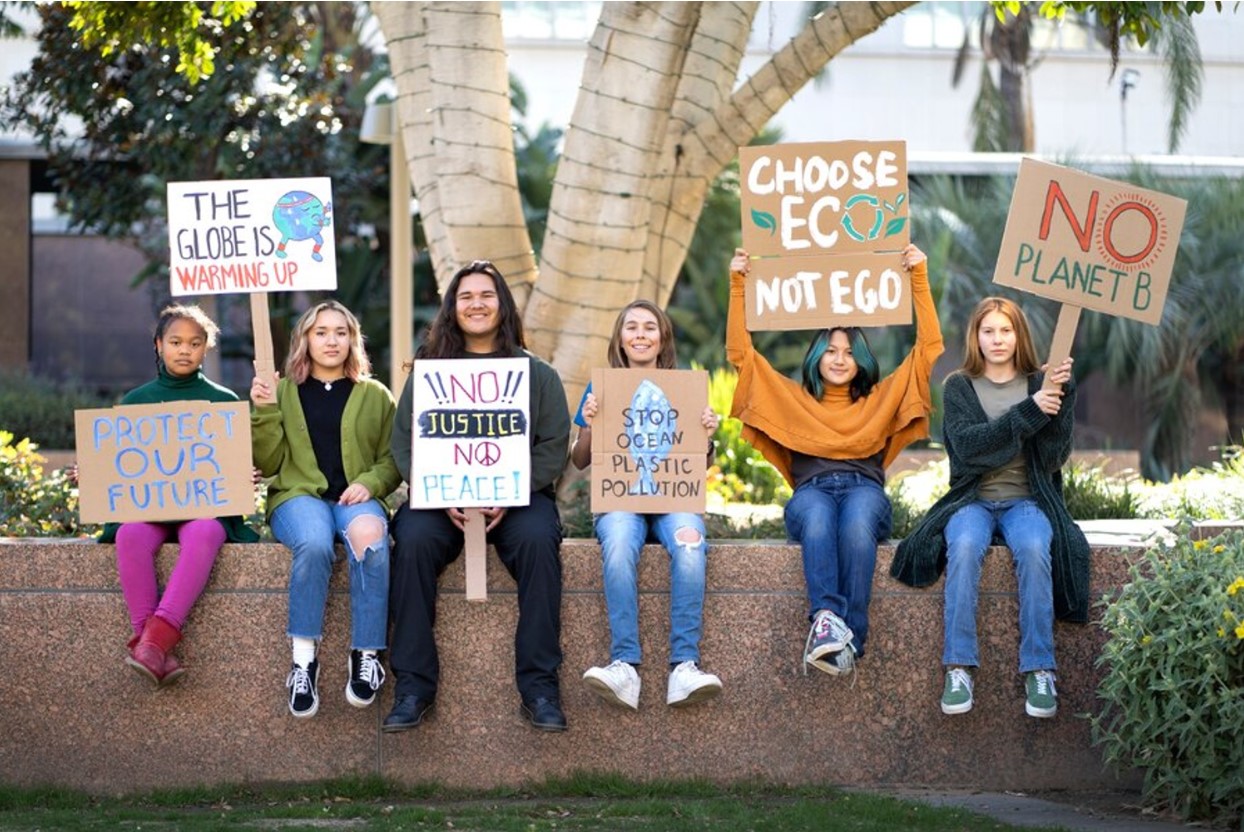
When this kind of information comes to light, it’s hard not to feel demoralized. People around the world have spent the last few years voting for politicians who are fighting for climate change, reusing their shopping bags, purchasing electric vehicles and doing anything else in their individual power to save the planet.
But if the largest businesses on Earth won’t do anything to stop or even decrease the massive amount of fossil fuels being burned every year, the fight against climate change will never work.








































